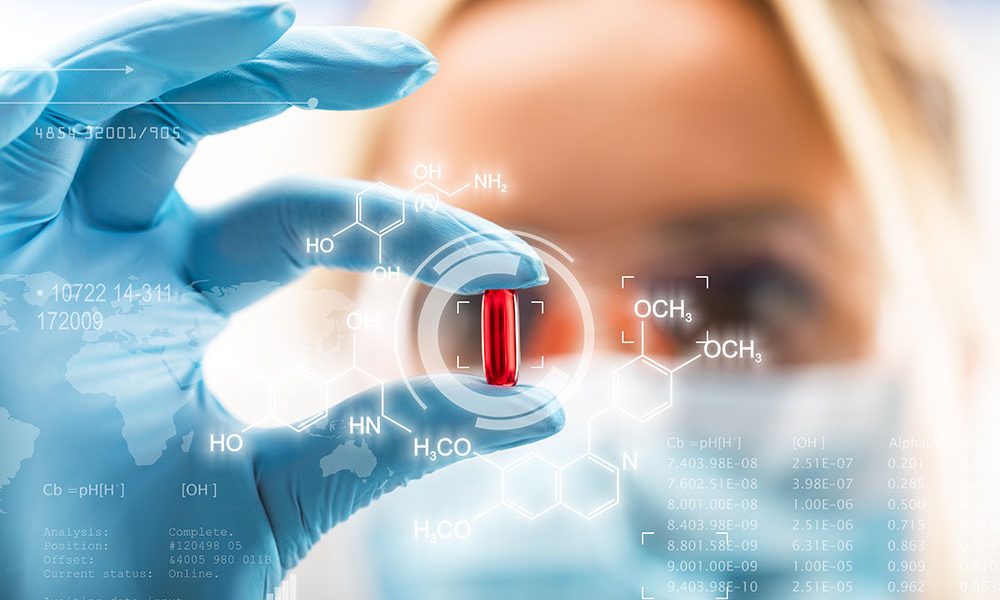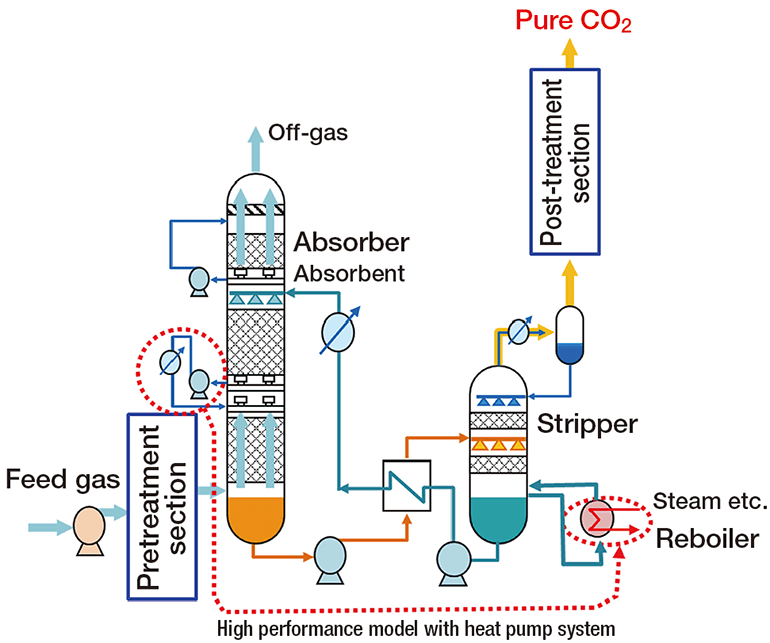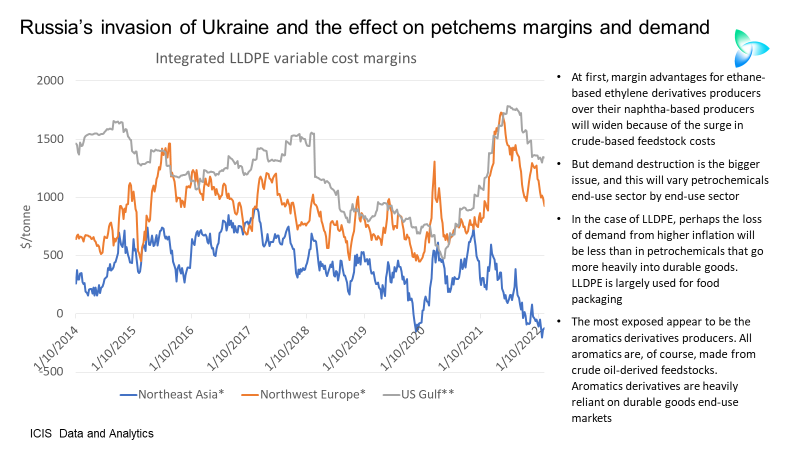Medicinal Chemistry stands as a cornerstone in the fascinating world of drug discovery and development. This interdisciplinary science delves into the design and chemical synthesis of therapeutic agents, paving the way for innovations that have revolutionized healthcare and enhanced the quality of life for millions around the globe.
1. Foundations of Medicinal Chemistry:
Medicinal Chemistry integrates principles from a variety of scientific disciplines, including organic chemistry, biochemistry, molecular biology, and pharmacology. Its primary goal is to identify and develop compounds that can modulate biological targets, ultimately leading to therapeutic effects in the human body.
2. Drug Discovery: A Meticulous Journey:
The journey of drug discovery is intricate and multi-faceted. It begins with the identification of a biological target associated with a specific disease. Subsequent steps involve the discovery of lead compounds that can interact with the target, optimization for enhanced efficacy and safety, and rigorous testing through preclinical and clinical trials.
3. The Role of Bioactive Compounds:
Central to Medicinal Chemistry is the study of bioactive compounds. These molecules can interact with biological targets such as proteins or nucleic acids, modulating their activity and potentially leading to therapeutic outcomes. Identifying and optimizing bioactive compounds are critical steps in developing new drugs.
4. Structure-Activity Relationship (SAR):
A pivotal concept in drug design is the Structure-Activity Relationship (SAR). It explores the relationship between the chemical structure of a compound and its biological activity, providing insights into how modifications in structure can influence the compound’s pharmacological properties.
5. Pharmacokinetics and Pharmacodynamics:
Medicinal Chemistry also encompasses the study of pharmacokinetics and pharmacodynamics. Pharmacokinetics involves the absorption, distribution, metabolism, and excretion of drugs, while pharmacodynamics examines the biochemical and physiological effects of drugs and their mechanisms of action.
6. The Challenges of Drug Development:
Drug development is a complex, time-consuming, and costly process. Each step, from lead identification to clinical trials, presents unique challenges. Medicinal chemists must balance potency, selectivity, and safety while navigating the regulatory landscape and addressing the needs of diverse patient populations.
7. Technological Advancements and Computational Chemistry:
The advent of cutting-edge technologies and computational chemistry has significantly impacted Medicinal Chemistry. These advancements enable the simulation and analysis of molecular interactions, accelerating drug discovery, and facilitating the design of more targeted and effective therapeutic agents.
8. Personalized Medicine: A New Frontier:
Personalized medicine represents a new frontier in healthcare, tailoring treatment to individual patient characteristics. Medicinal Chemistry contributes to this personalized approach by developing targeted therapies based on genetic variations, thus enhancing treatment efficacy and minimizing adverse reactions.
9. Ethical Considerations and Clinical Trials:
Ethical considerations are paramount in Medicinal Chemistry, particularly during clinical trials. Ensuring the safety and well-being of participants, obtaining informed consent, and addressing disparities in healthcare access are essential components of ethical drug development.
10. Future Prospects and Sustainability:
As we venture into the future, Medicinal Chemistry continues to evolve, addressing emerging health challenges and exploring sustainable practices. Green chemistry principles are being integrated into drug design, reducing environmental impact, and fostering a more sustainable pharmaceutical industry.
Conclusion:
Medicinal Chemistry is the science that fuels the discovery and development of therapeutic agents, unraveling the complexities of biological systems and crafting molecules that can alleviate human suffering. Through innovation, ethical practice, and a commitment to sustainability, this dynamic field holds the promise of shaping a healthier and more equitable future for all.
Tags:
#MedicinalChemistry #DrugDesign #PharmaceuticalResearch #DrugDiscovery #MolecularBiology #Pharmacology #Therapeutics #BioactiveCompounds #DrugDevelopment #ClinicalTrials











